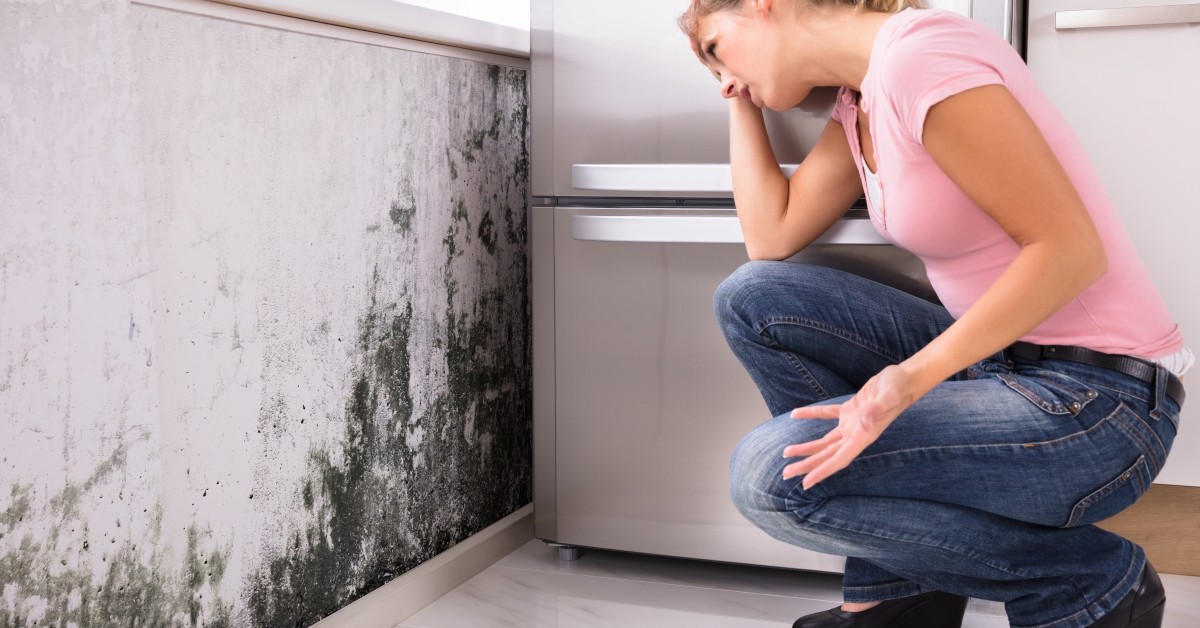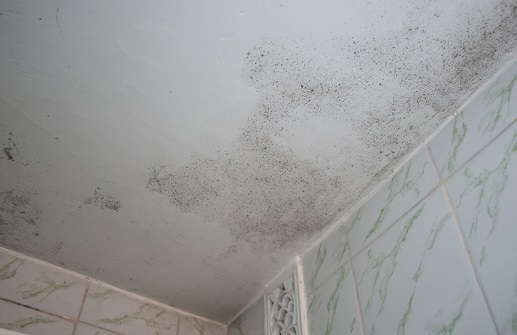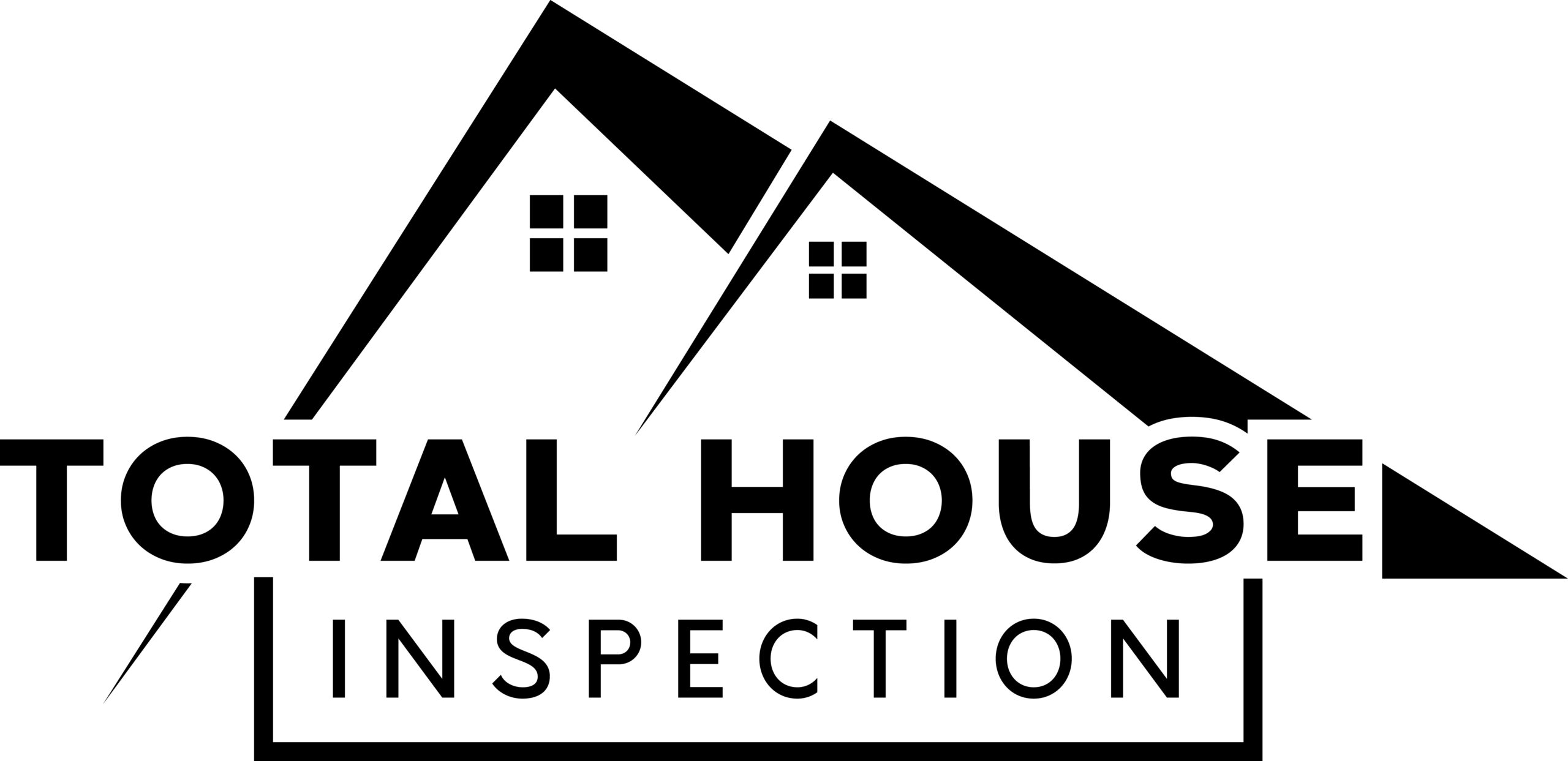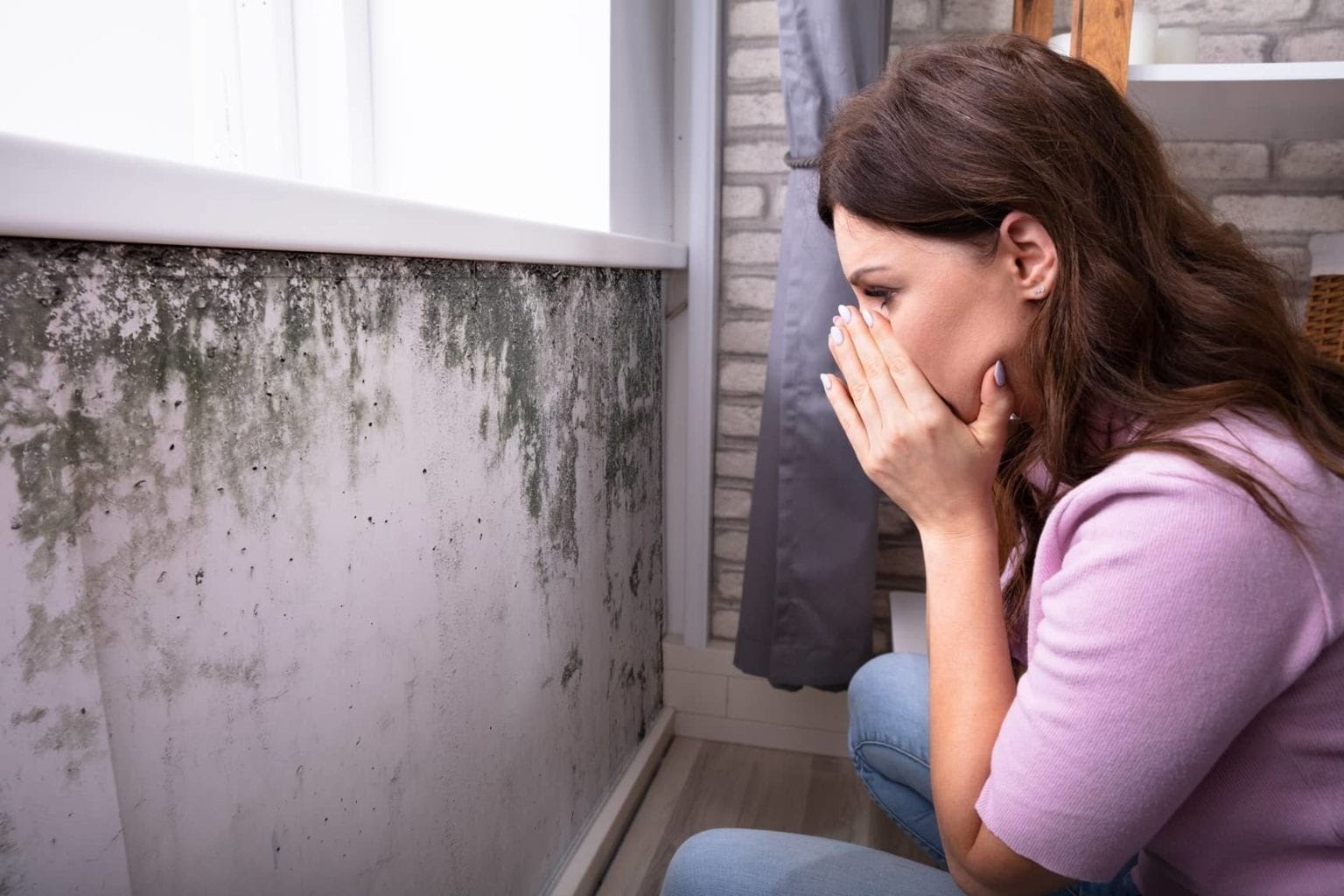You should definitely consider getting a mold examination before purchasing…

Mold Inspection and Testing for Michigan Homebuyers
Mold inspection and testing for homebuyers can be a primary and critical concern when considering a home purchase. At Total House Inspection, our Mold Inspection and testing can help Michigan home buyers determine if there is mold in the home. We carry our mold testing equipment so that if you want to add on this test, we can do so right on the spot; even if it was not originally requested when scheduling an inspection.
What is Mold?
Mold is the non-scientific term for many types of fungi, which are unappealing and unwanted patches of black, brown, green and fuzzy growths. Mold has many connotations, most of which are quite unpleasant.
Mold and spores are everywhere, literally. But active mold requires moisture. Whether on a visible surface or hiding somewhere in your bathroom or kitchen, indoor mold grows in the presence of water.

Indoor mold is gross, it is unsightly and smelly. But the potential problems mold presents are far more serious than that. Mold damages the material it lives on, so you can throw out anything that has mold on it. Mold is also associated with some negative health issues.
Mold can grow in homes, businesses and schools. It should be eliminated for the sake of structural integrity, quality of life and human health.
Mold isn’t always easy to see or easy to find. Total House Inspection, your mold inspection service in Michigan, offers signs that you might have a mold problem.

Visible Mold
Obviously, if you see mold, then you have mold in your home. But be aware that if you have visible mold, there is also a chance that you have mold that cannot be seen.
Health Problems
Indoor mold can start affecting the health of the people in the home. If you or any of your family members experience watery eyes, a runny nose, headaches or respiratory issues, it could be due to mold.
Strange Smells
If your home smells musty, it could be due to mold. The worse the smell, the more likely that mold is the culprit.
Squishy Floors
You have every right to be concerned about a soft spot in your hardwood floor, it could be due to mold. If you can access the subfloor through a basement or crawl space, you need to check for moisture.
If that isn’t possible, you need to call and have it checked out. If there is moisture and mold, that growth will spread. If the wood is rotted, the whole flooring will need to be replaced. If there is only a small amount of mold, it can be cleaned up.
Lumpy Insulation
Crawl through the cobwebs and take a close look at the insulation in your attic. If the insulation in your attic is uneven or lumpy, then you might have a mold problem. The mold could have started due to a roof leak or improper ventilation. An attic without proper ventilation creates the perfect environment for mold.
Leaky Planters
A leaky planter that is placed in or close to your house can lead to mold issues. The water that leaks out of a planter could find its way into your home and cause mold growth in the insulation or drywall.
So it makes sense to check out all of your planters and ensure they don’t leak.
The Fan in the Bathroom is Broken
You meant to get around to it, it just hasn’t happened yet. That broken exhaust fan in the bathroom could be a sign you have mold. Mold is a common problem in bathrooms without adequate ventilation. A fan is an essential tool to keep mold at bay.
Even if you don’t already have mold in your bathroom, you still need to get that fan fixed.
Bubbly Paint
If you notice the paint in your bathroom is starting to bubble, it could be a sign of mold. You might think that slapping another coat of paint is the solution, but it is not. You need to find the source of the moisture and have the mold either cleaned up or otherwise removed.
Coughing
As the mold spores find their way to your lungs, it can lead to a chronic and lingering cough. At this point, it is important that you have somebody check your house for mold.
Flooding
If your home has experienced any flooding in the past, there is a chance you have some mold growth as a result. There may have been flooding at some point before you bought the home, which is why a home inspection before you move in is always a good move.



